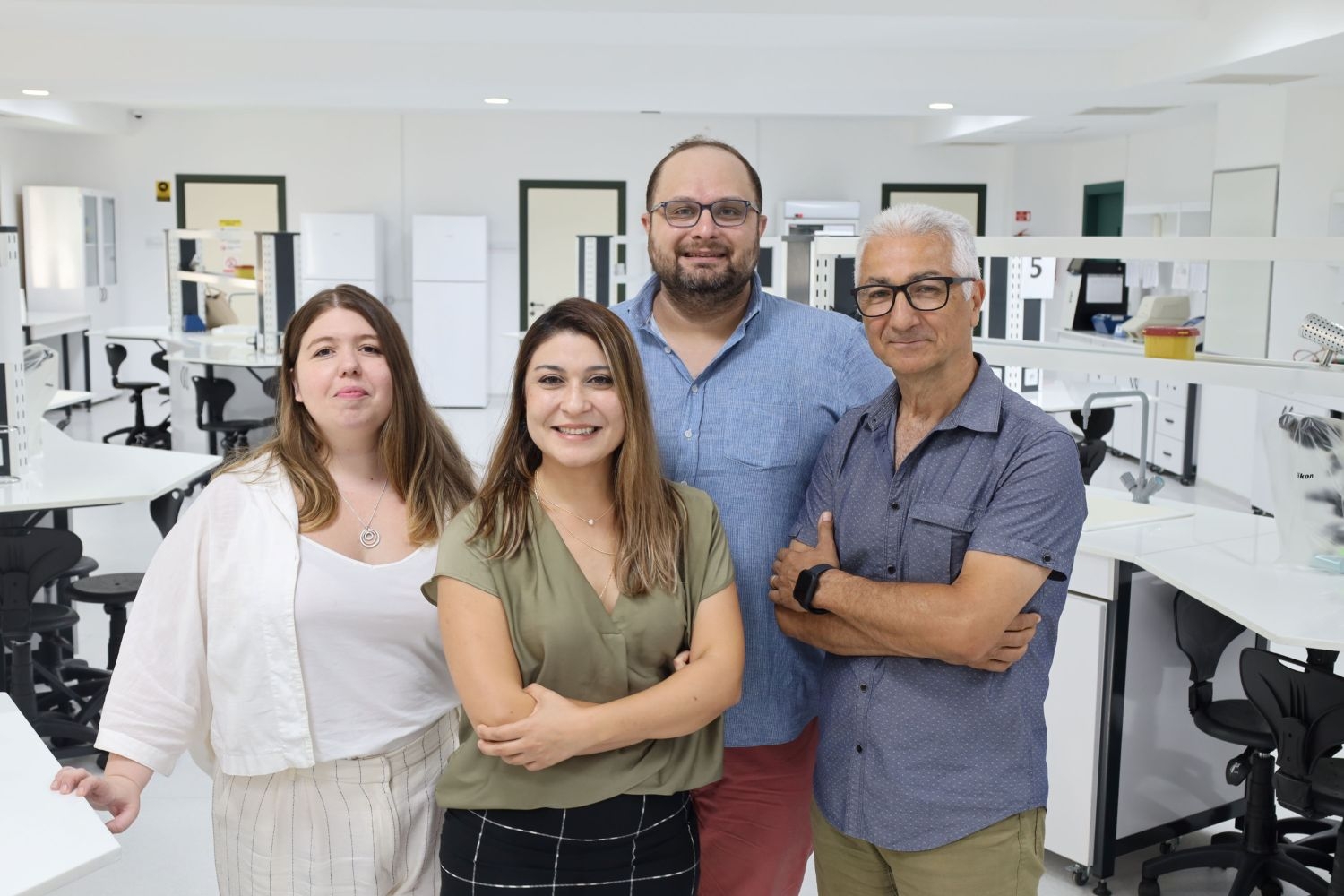
Elderly’s quality of life will increase
4 scientists from Izmir University of Economics (IUE) have begun work on developing a drug aimed at treating osteoarthritis, a ...
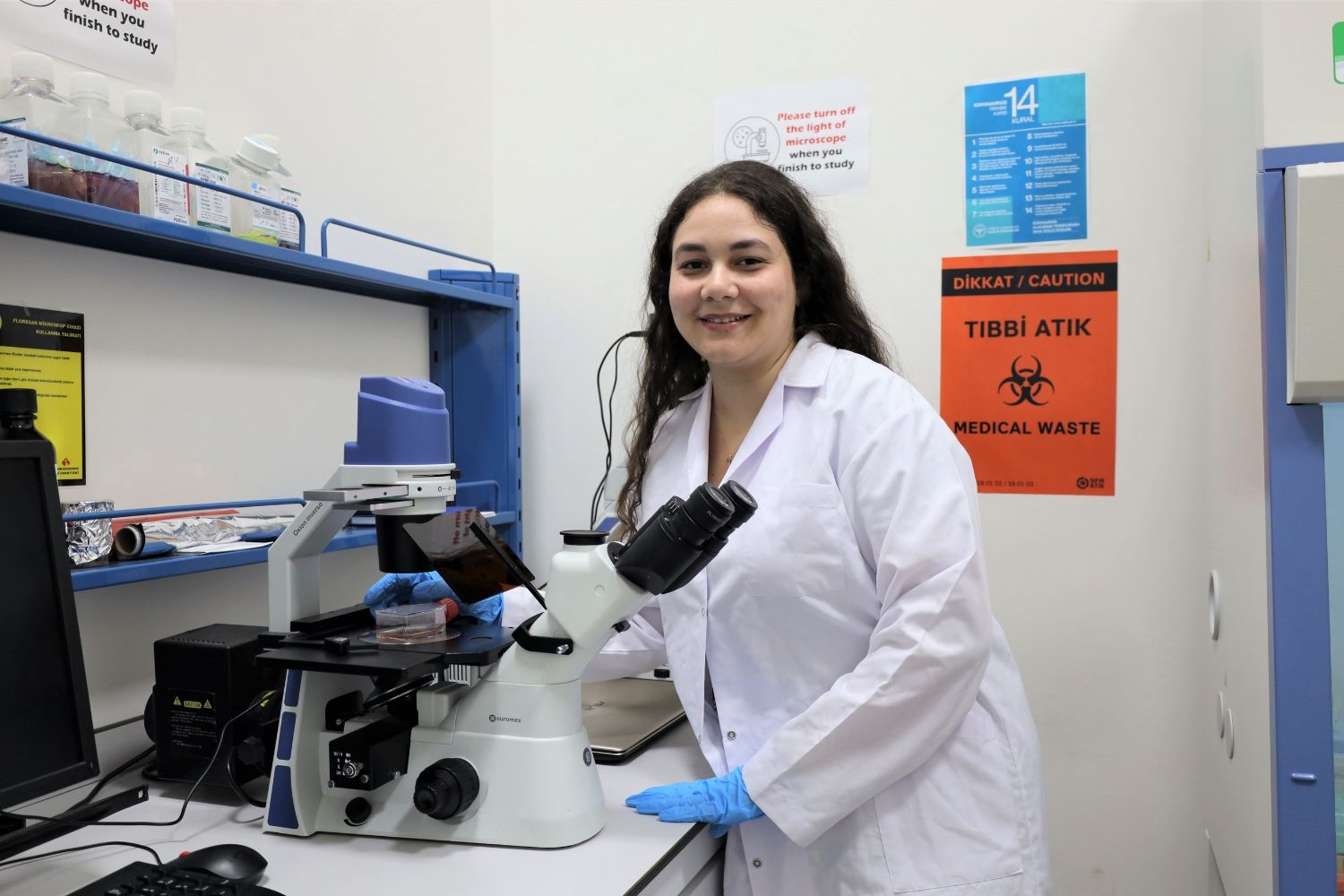
Germany chose Ezgi
Ezgi Kaya, who graduated from Izmir University of Economics (IUE) Department of Genetics and Bioengineering this year, was accepted to ...
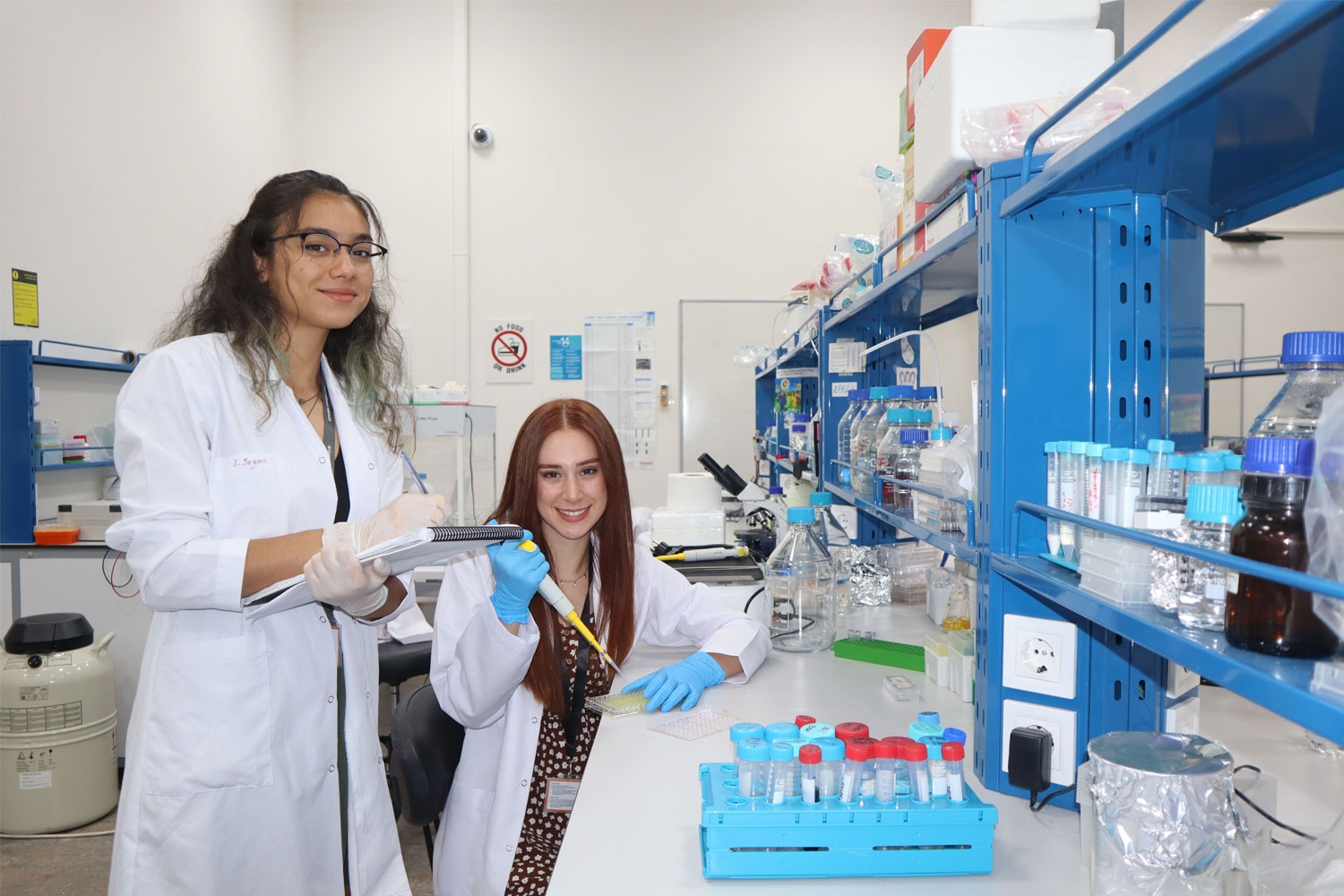
Geneticists’ success in ‘Germany’
Nine newly graduated students from Izmir University of Economics (IUE) Department of Genetics and Bioengineering achieved great success by being ...
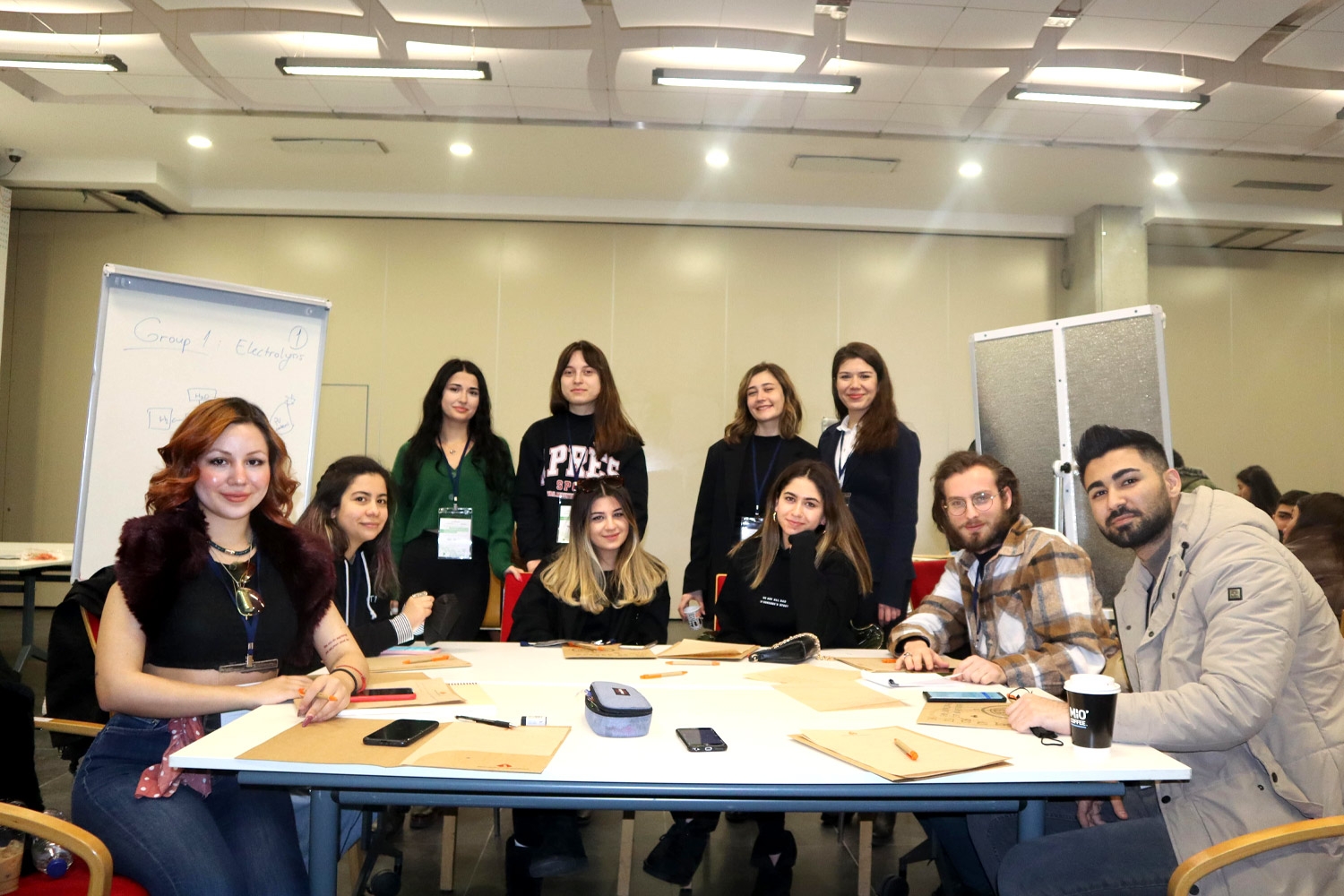
'Sustainable energy' ideas from students
Izmir University of Economics (IUE) organized a workshop on biohydrogen, which is used in many fields from industry to transportation ...
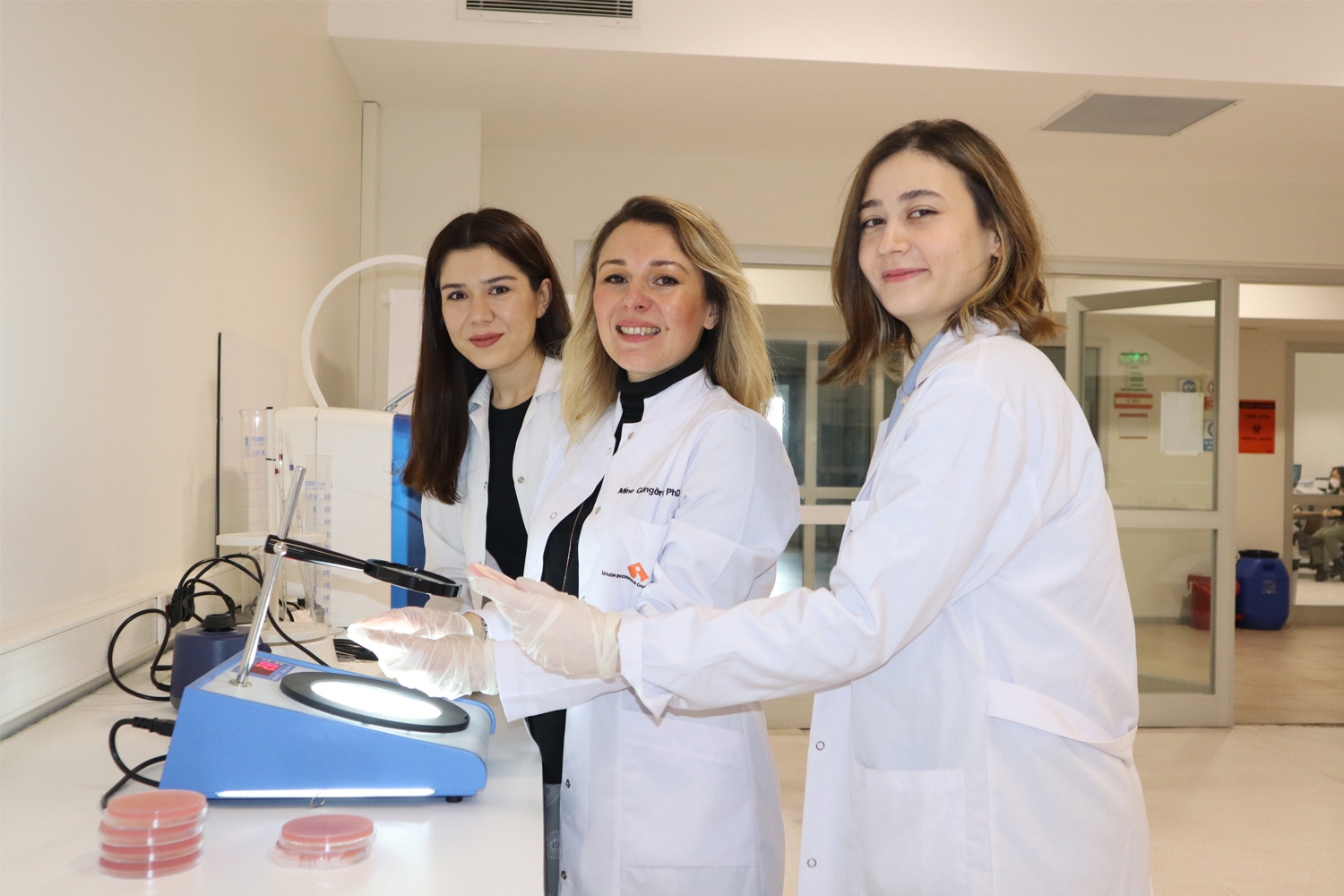
Discovery in thermal spring
Asst. Prof. Dr. Mine Güngörmüşler from Izmir University of Economics (IUE), Department of Genetics and Bioengineering, and two graduate students ...
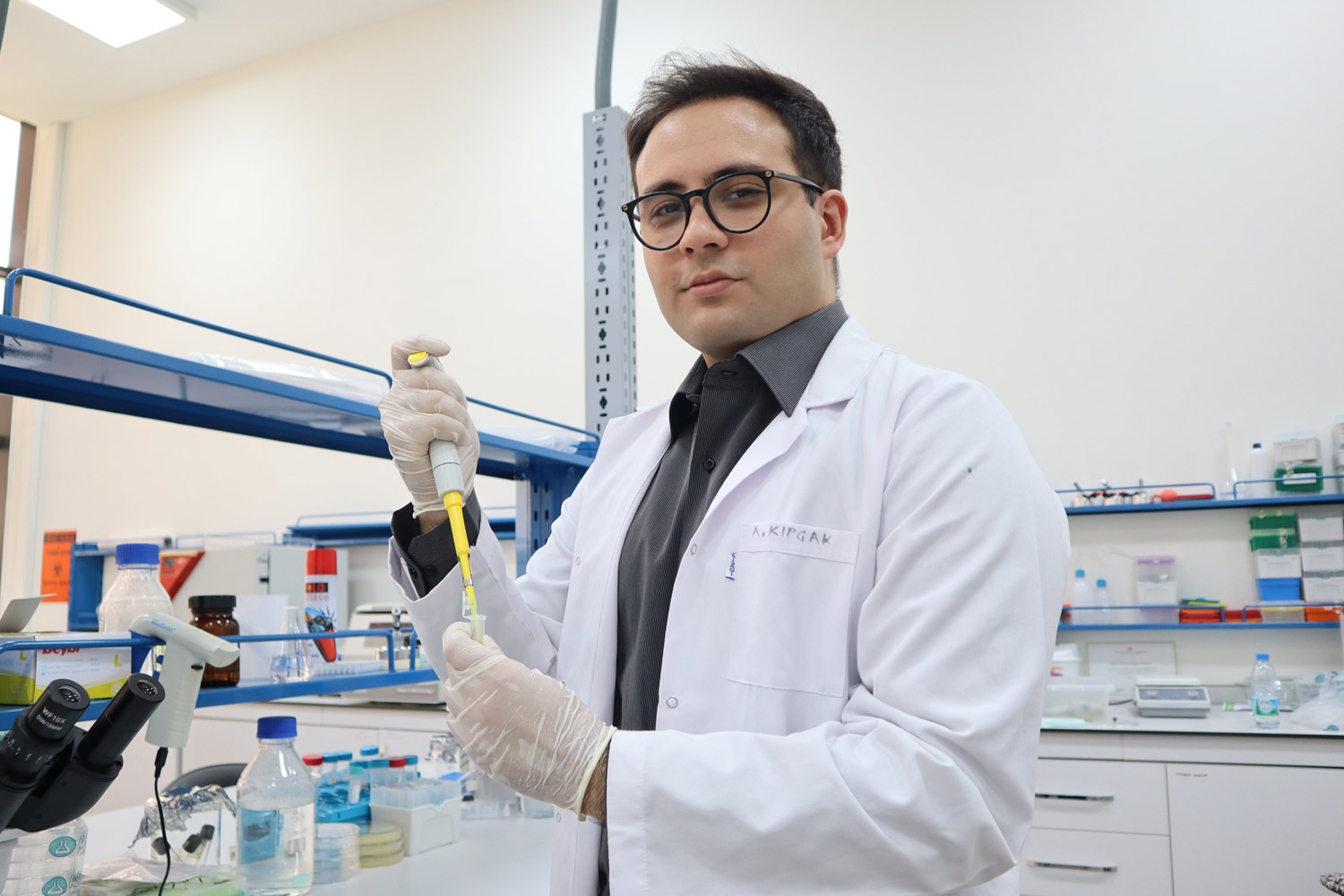
Arda ranked among 7 people in the world
Arda Kıpçak, who graduated from Department of Genetics and Bioengineering, Izmir University of Economics (IUE) this year, was accepted to ...
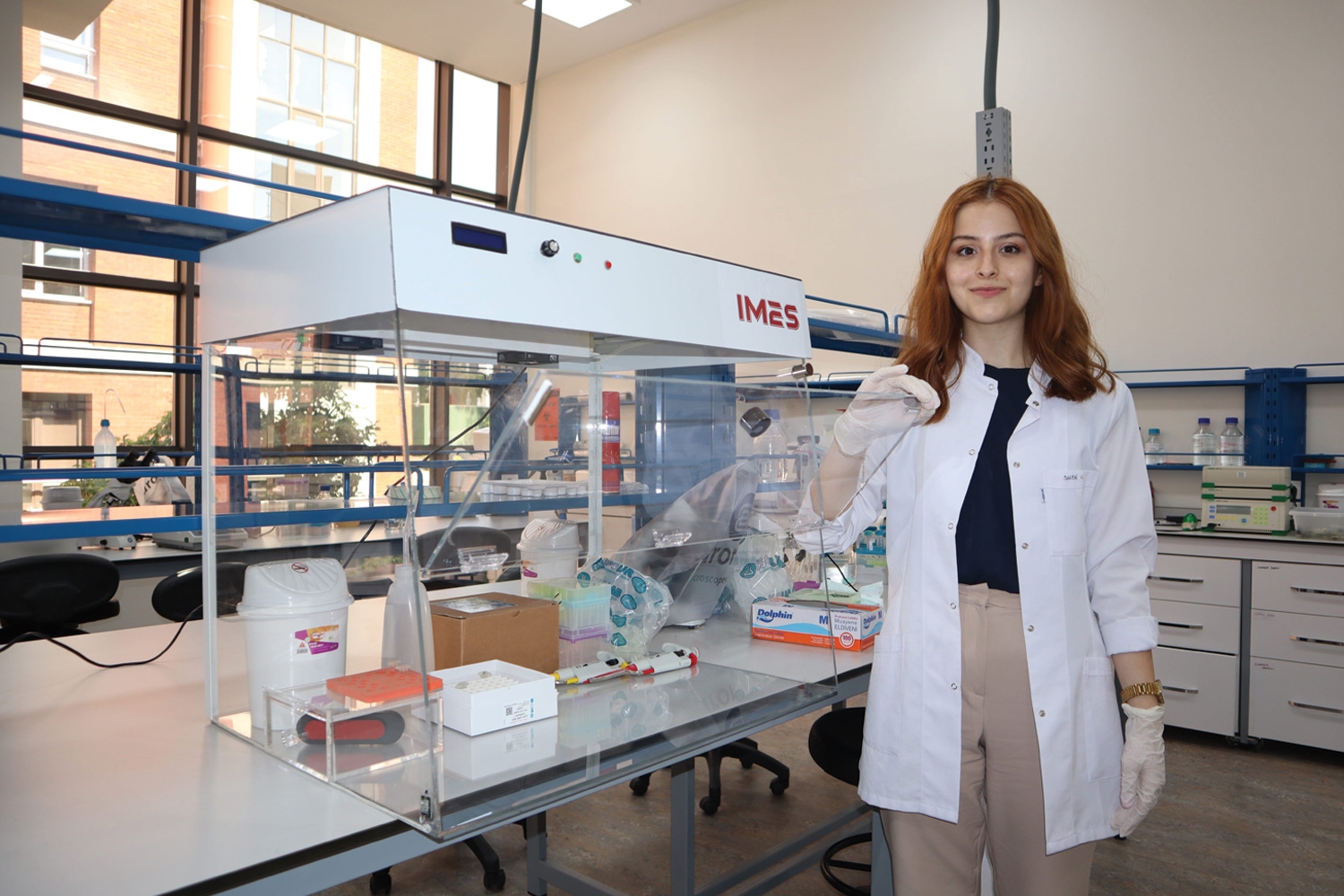
'Smart cabinet' against the virus
Assoc. Prof. Dr. Osman Doluca and his 4 students from Izmir University of Economics (IUE) developed a 'PCR cabinet' that ...





